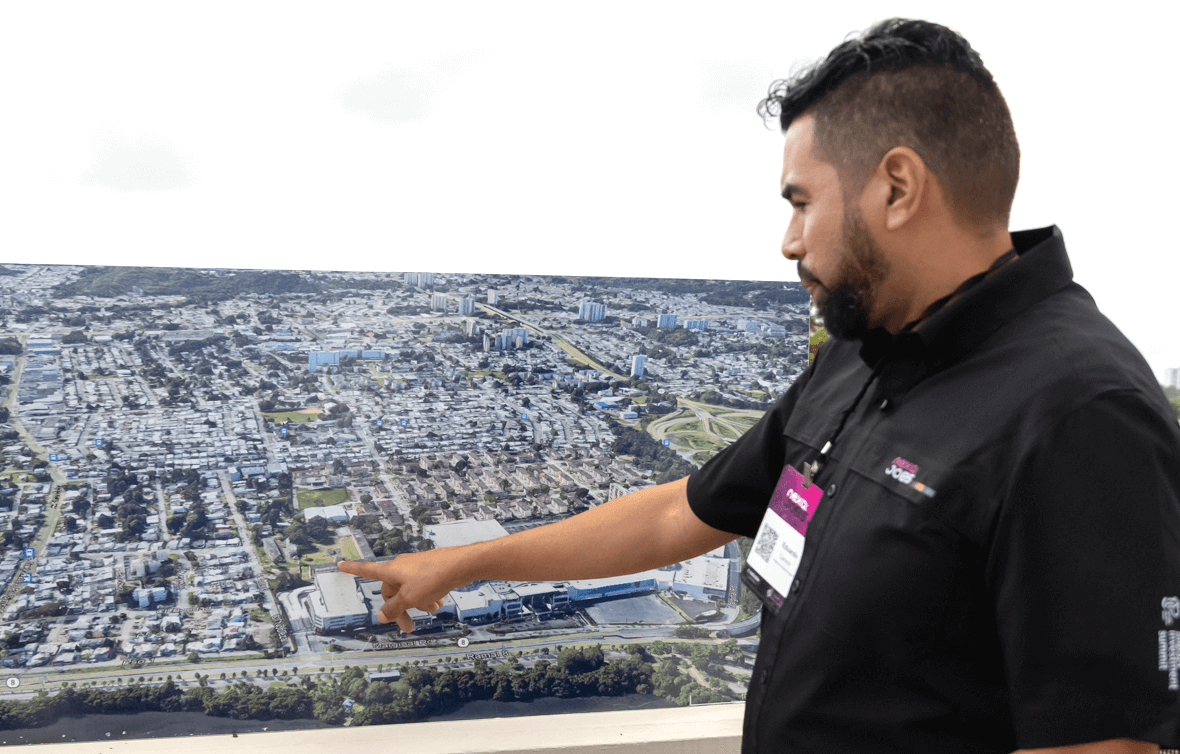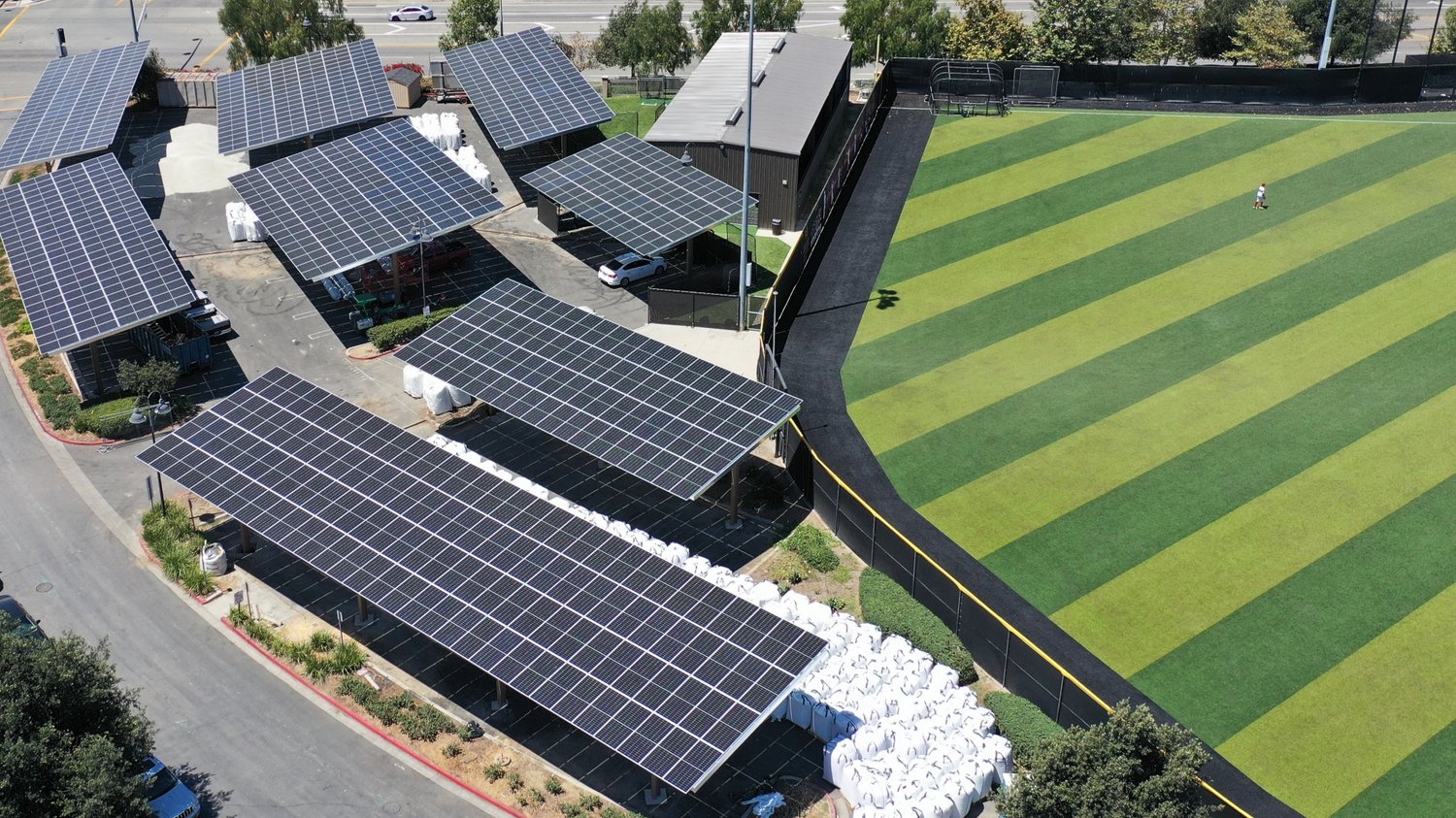Boston-based Prime Coalition has spent more than a decade identifying funding gaps for early stage climate tech and marshaling risk-tolerant capital to fill them, through Prime Impact Fund and Azolla Ventures.
With Trellis Climate, Prime is expanding its work to include later stage climate tech ventures building their first commercial plants. These first-of-a-kind projects, or FOAKs, are notoriously hard to finance. They typically don’t fit the venture capital model, but are considered too risky for commercial infrastructure and debt investors.
“This first-of-a-kind of funding gap is a big one, and now is the time to solve it,” Trellis Climate’s Lara Pierpoint told ImpactAlpha. One estimate pegs the amount of FOAK funding needed for existing climate tech startups at $150 billion.
“What we’re focused on is that moment when startups have some technology proof, when they have demonstrated that the technology is workable, and it’s time to actually start selling it to commercial markets,” she adds.
Pierpoint, who studied nuclear engineering and worked at the Department of Energy, joined Prime last year when it acquired her company, Actuate, a nonprofit focused on supporting innovative research breakthroughs.
Trellis has made two investments so far: in Ample Carbon, which repurposes retired coal plants for bioenergy, and Ebb Carbon, a marine carbon dioxide removal company. In both cases, Trellis helped to fund engineering plans to pave the way for project development.
“We saw high impact potential, a high chance for these companies to grow and importantly, a case for additionality that we could uniquely support.”
FOAK funk
The new direction or Prime grew out of an in-depth study it conducted in 2021 that pointed to a gaping hole in the market for commercializing and scaling novel climate solutions, a second “valley of death” for climate tech startups.
Since then, FOAK projects and early deployments have attracted funding as climate tech has surged. But Pierpoint still sees catalytic capital as critical to getting such projects off the ground.
In January, for example, Sweden’s H2 Green Steel raised more than $5 billion in equity and debt for its first green steel plant. The deal was sweetened by a $270 million grant from the European Union’s Innovation Fund to help de-risk the project for commercial investors.
Government funders, such as the Department of Energy’s Loan Program Office and Office of Office of Clean Energy Demonstrations, have stepped in to underwrite promising first-time climate tech facilities, but they are typically putting large amounts of capital to work.
In the US, some projects have been funded by balance sheets after startups raised growth rounds of venture capital, says Pierpoint, but “putting your entire company runway at risk based on sort of project milestones” is a risky gambit.
She sees climate tech projects in the $10 million to $100 million range as Trellis’ sweet spot.
Going forward, Pierpoint sees Trellis focusing more on project construction financing. It is also looking into innovative ways to de-risk projects, such as the use of insurance to de-risk deals. Areas of interest include industrial decarbonization, long duration energy storage, and carbon dioxide removal.
The majority of the projects it is looking at are in the US, but Trellis also sees potential in emerging markets, where country risk is often a funding obstacle.











